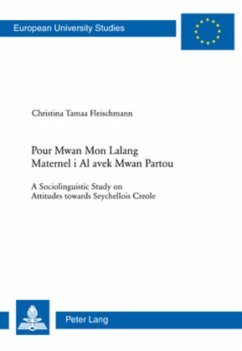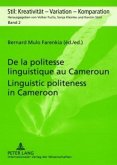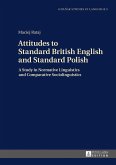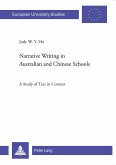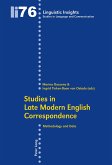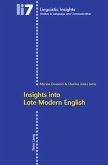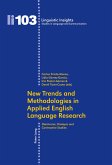In the 1970s, the newly independent Seychelles government took the landmark decision to make Seychellois Creole (SC) an official language. The Seychelles thus became the first Creole-speaking country worldwide to give its Creole the status of a national language and to use it as a medium of instruction. The decision to use SC in the school system has resulted in many positive developments such as increasing rates in public literacy. Despite these advances, there are many critics who contend that formal instruction in SC interferes with the speedy and necessary acquisition of English and French, which are internationally associated with socio-economic power and prestige.
This book assesses the attitudes of SC speakers towards their mother tongue, in relation to the colonial history of the country. Its objectives are twofold: firstly to shed light upon the attitudes which modern Seychellois hold towards their mother tongue and its use in the education system; and secondly to demonstrate how these attitudes may affect the achievement of the government's educational agenda.
The findings of this book are directly relevant for other investigators interested in globalization, multilingual education, pluriliteracy, minority language maintenance, language policy, and teacher training. Moreover, the implications of this research are applicable to other post-colonial settings throughout Africa, Asia, Europe, and the Americas where the pursuit of sensitive yet effective multilingual educational policies remains acute.
This book assesses the attitudes of SC speakers towards their mother tongue, in relation to the colonial history of the country. Its objectives are twofold: firstly to shed light upon the attitudes which modern Seychellois hold towards their mother tongue and its use in the education system; and secondly to demonstrate how these attitudes may affect the achievement of the government's educational agenda.
The findings of this book are directly relevant for other investigators interested in globalization, multilingual education, pluriliteracy, minority language maintenance, language policy, and teacher training. Moreover, the implications of this research are applicable to other post-colonial settings throughout Africa, Asia, Europe, and the Americas where the pursuit of sensitive yet effective multilingual educational policies remains acute.
"People interested in language planning, linguistic policy-making, minority languages, multilingual education, Creole studies and linguistics would find Fleischmann's study useful. I found a well-written, clearly-focused and informative study that may well have relevance for policy-makers in other multilingual former colonial states." (Karin Speedy, Zeitschrift für französische Sprache und Literatur)

